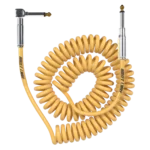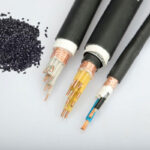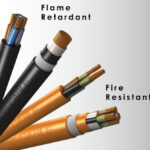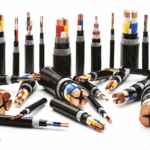When selecting the right wire for your industrial or electrical project, two common types often come up: MTW wire and THHN wire. Both are widely used and UL-listed, but they serve different purposes based on insulation, flexibility, temperature rating, and environmental resistance. So, what's the difference between MTW and THHN wire?
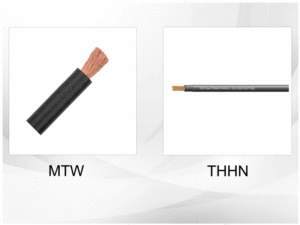
mtw vs thhn
Let’s break it down.
What Is MTW Wire?
MTW stands for Machine Tool Wire. It is primarily designed for wiring industrial machinery, control panels, and equipment where flexibility and oil resistance are critical.
Key Features of MTW Wire:
Flexible stranded copper conductor
PVC insulation rated for:
90°C dry
60°C wet
Oil-, moisture-, and abrasion-resistant
UL 1063, CSA AWM, NFPA 79 compliant
Ideal for use in machine tools, automated systems, and control circuits
What Is THHN Wire?
THHN stands for Thermoplastic High Heat-resistant Nylon-coated wire. It is typically used in building wiring, conduit systems, and general-purpose electrical installations.
Key Features of THHN Wire:
Stranded or solid copper conductor
PVC insulation with a nylon (polyamide) jacket
Rated for:
90°C dry
75°C wet
Generally less flexible than MTW
Common in conduit installations, commercial buildings, and residential wiring
MTW vs THHN: Side-by-Side Comparison
| Feature | MTW Wire | THHN Wire |
|---|---|---|
| Full Name | Machine Tool Wire | Thermoplastic High Heat-resistant Nylon |
| Flexibility | High (stranded conductor) | Medium (may be solid or stranded) |
| Temperature Rating | 90°C dry / 60°C wet | 90°C dry / 75°C wet |
| Oil Resistance | Yes | Limited |
| Jacket | PVC only | PVC + Nylon |
| Application | Machinery, control panels | Building wiring, conduit |
| Standards | UL 1063, CSA, NFPA 79 | UL 83, CSA |
| Ampacity | Slightly lower than THHN (same size) | Slightly higher ampacity |
Which One Should You Choose?
Choose MTW Wire if:
You’re wiring industrial machinery
You need flexible, oil-resistant wire for moving parts or control panels
You must meet NFPA 79 standards
Choose THHN Wire if:
You’re doing conduit wiring in buildings
Flexibility is not a major concern
You want slightly higher ampacity per size
Common Misconception: Can You Use THHN Instead of MTW?
Not always. While both wires may have dual or multiple ratings (e.g., THHN/MTW/THWN-2), not all THHN wires are rated for MTW applications. Always check the cable's UL label and jacket markings to confirm compatibility.
Conclusion
Understanding the difference between MTW vs THHN wire is essential for choosing the right cable for your project. MTW excels in flexibility and industrial environments, while THHN is ideal for building wire and conduit installations. The right choice depends on your application’s mechanical, electrical, and environmental needs.
Need Help Choosing?
Still not sure which cable fits your needs? Contact our team today — we offer a wide range of MTW and THHN wire sizes, with fast delivery and competitive pricing.

